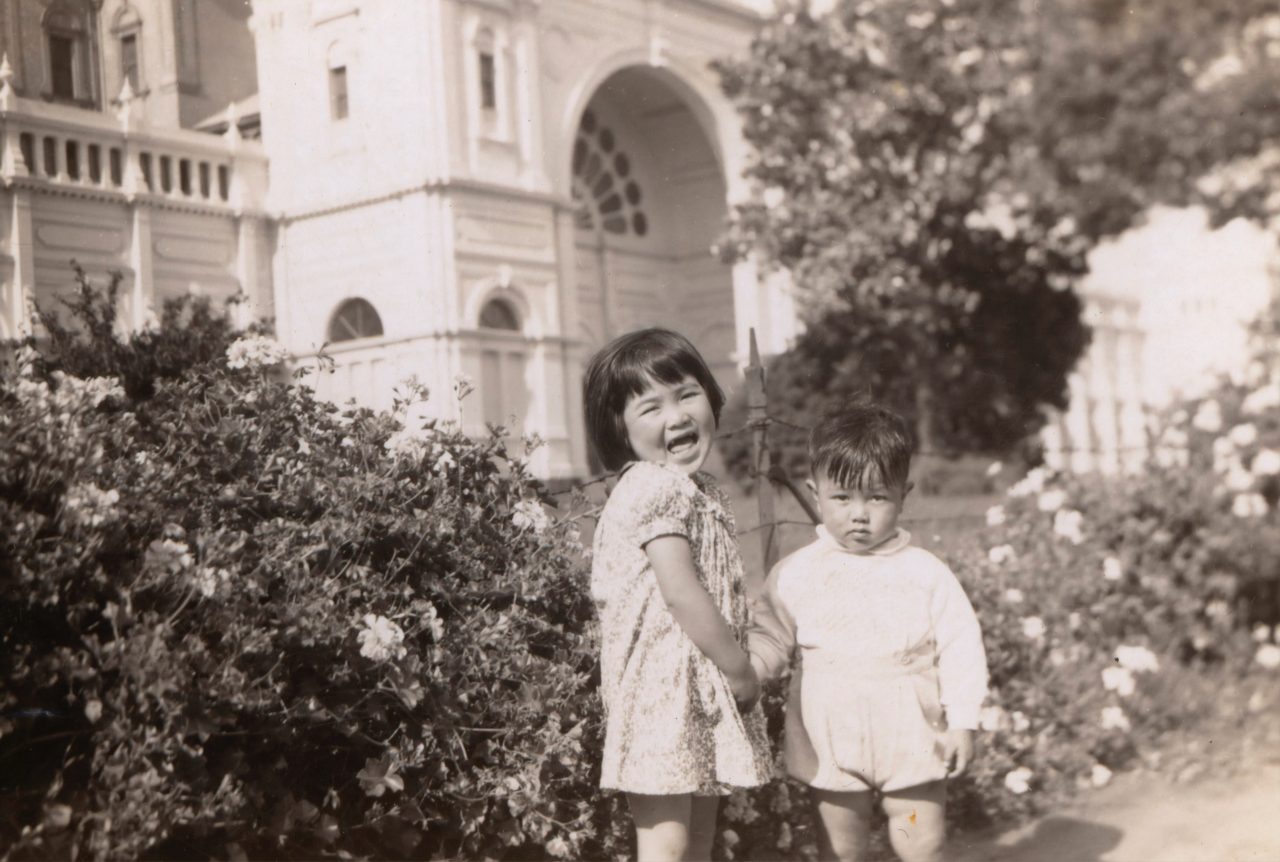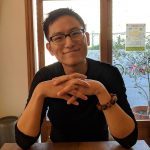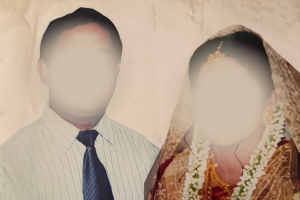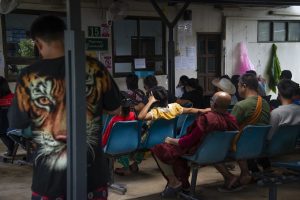Top image by Museums Victoria. All other images by Marisse Caine.
My theory on nosy relatives is that they’re like mushrooms.
For the best results: feed them shit and keep them in the dark (h/t this scene).
Over the years, I’ve found this to be the best way to enjoy my annual CNY gatherings with my extended family in Taiwan: give vague, monosyllabic answers until they run out of annoying questions to ask.
The list of acceptable responses include: yes (好), no (不好), maybe so (有可能), not sure (不確定), I don’t know (不知道), you have a point (嗯,有道理), I’ll think about it (我回去想想), is that so (真的嗎), and that’s impressive (哇! 好厲害).
Rinse and repeat until the meal / conversation ends.
Under no circumstances should you try to argue or reply with a snarky / defensive comment. Not only does this come off as try-hard and rude, your annoyance becomes proof that they’ve managed to get under your skin.
Which brings me to the point: why are we so sensitive in the first place?
I have three theories on this.
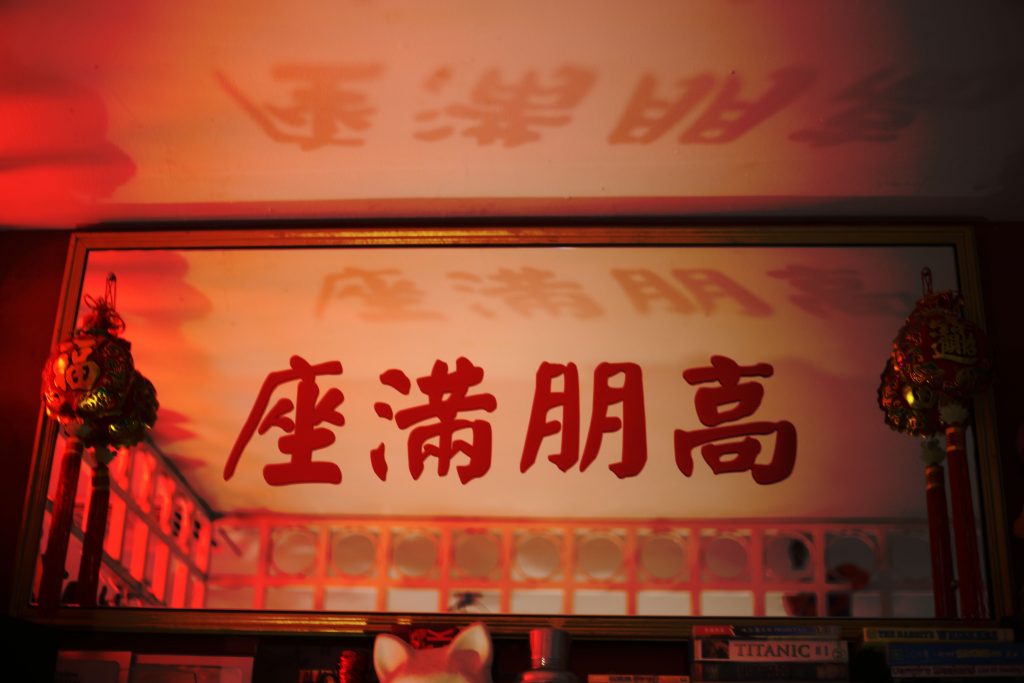
1. We’re not confident in our own life choices or beliefs
Eleanor Roosevelt once said, “No one can make you feel inferior without your consent.”
This is probably an overstatement; I can think of some recent examples where the sense of inferiority gets imposed on certain groups systematically, from above. But when we apply this quote to something more innocuous like an Asian family gathering, I think there’s some merit to these words.
Because constant cynicism is what you get when you’re not quite living the life you want.
There are only three possible explanations for why millennials / Gen Z might feel this way—all of which point to insecurity at some level:
1. We feel lost and don’t quite know what we want.
2. We know what we want, but are afraid of putting ourselves out there to be judged.
3. Our actions don’t always line up with who we say we are or who we want to be.
Another reflection of this insecurity is exhaustion—from having to explain ourselves to extended family we barely know.
But doesn’t this exhaustion ultimately stem from a fear of being misunderstood? If we truly don’t care what others think of us, what explains the inner turmoil?
It’s perfectly fine to not know what we want. Or to want to stay single, to not want kids, or to pursue a non-traditional career path. And if we were actually comfortable with these choices, there wouldn’t be a need to overcompensate and try to justify ourselves.
By doing so, we’re just perpetuating the ‘never lose face’ culture that we claim to rail against.

2. We worry that our relatives might be right
Setting aside cases of outright bullying and verbal abuse, the reason why extended relatives ask nosy questions can be boiled down to one simple explanation:
They’re just looking for something to say.
After all, what do they really know about you? What sort of common ground do you actually have? When seen from this perspective, the fact that we perceive their questions as an attack says more about us than it does about them.
Reading the post-CNY comments online, the easier way out would be to cancel such gatherings with extended family altogether.
But I think this retreat into our comfortable bubbles suggests a deeper fear:
That our parents and relatives might not be wrong about everything.
The older generation may have insufficient knowledge of what goes on in a digital economy, but their life experiences remain valid and valuable. The fact that our elders have ‘lived more’ automatically gives them more perspective, regardless of whether or not they made good choices in their lives. In fact, sometimes we can learn more from their delusions than their candor.
Without family gatherings, I would’ve never heard about how they mourned the death of Teresa Teng, the same way that my generation still mourns Anthony Bourdain or Kobe Bryant. Or how my grandfather told us about how his sister scammed him out of a large tract of land, now worth millions. Enraged, he grabbed his hunting rifle and was prepared to make an end, stopping only because my dad and his siblings were still toddlers.
These stories make up the fabric of who we are today. It never hurts to listen.
Because our identities aren’t formed in a vacuum. We’re constantly being molded by conflicts, doubts, and failures, by internal and external events. For most of us, whether we like it or not, family will always play a huge part in that.
3. We’re terrified of becoming our parents
As I reach my early thirties, I’ve noticed that I’m starting to resemble my parents more and more with each passing year. Like my mom, I narrow my eyes at any sign of ‘clutter’ in the house, defined (very) loosely as any object within my line of sight that doesn’t serve a practical purpose. Like my dad, I find myself rushing to appointments 20-30 minutes early just to putter around the neighbourhood, because paradoxically, I hate feeling rushed to get somewhere.
Even on the macro level, the fact that my wife and I chose to uproot our lives in North America to move back to Asia at age 31, is the spitting image of my parents making the same decision. At age 31, they uprooted their lives and moved from Asia to North America.
We may have done it for different reasons, but the parallels are unsettling.
For me, it raises uncomfortable questions about exactly how much agency I have in my life and whether every generation inevitably echoes the previous one. And if our parents are currently somebody else’s nosy aunties and uncles, doesn’t this put us a few decades removed from becoming the very people who annoy us today?
Are we going to have that talk with our children about ‘respecting your elders’ and the ‘realities of life’ and the ‘hardships we faced growing up’? Will we project our expectations onto our kids or ask careless questions to fill the awkward silence between generations? Will we become resistant to ‘trendy, new-fangled ideas’ that challenge our own sense of identity?
Like Oedipus from the Greek tragedy, trying to escape the Oracle’s prophecy may not save us in the end.
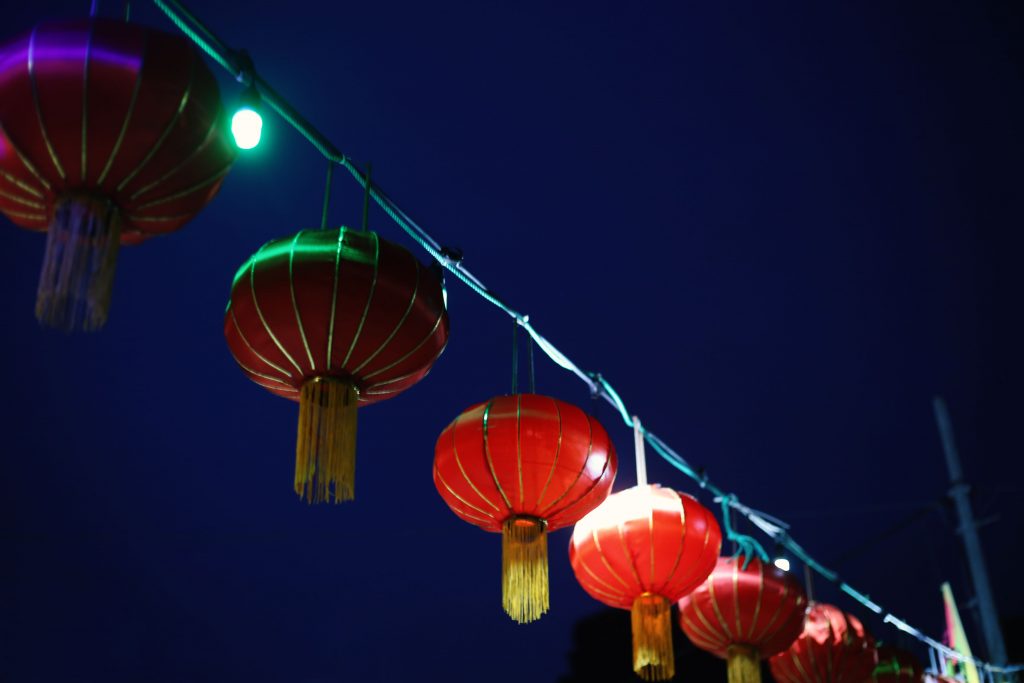
Negotiating a Ceasefire
Let’s face it: complaining about kaypoh relatives is as pointless as complaining about the weather.
Because how much can we reasonably expect those over the age of 50 to change? Why let that ruin a festive occasion, especially when there are still some positives to be found in age-old traditions?
For me, CNY means playing my annual game of Go with my younger cousin, winning my ang bao money back at the mahjong table, and then spending the remainder of the evening watching crap Taiwanese TV while deshelling roasted peanuts and sunflower seeds.
To savour these simple moments, we need to own up to who we really are.
For all our claims of being progressive and woke, why shouldn’t we subject our values to a harmless bit of scrutiny?
Before we try to address the heady problems of ‘Singaporean society’ and ‘the world’, maybe we can start by learning to better navigate our relationships with our own family, where every reunion is another chance for—if not reconciliation—at least some kind of truce and mutual understanding.
Got you in your feelings? Complain to your RICE family at community@ricemedia.co.

